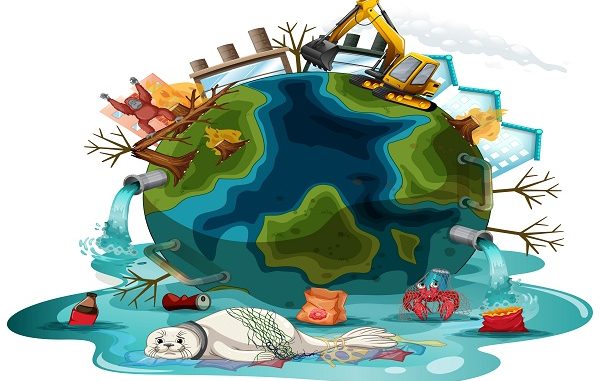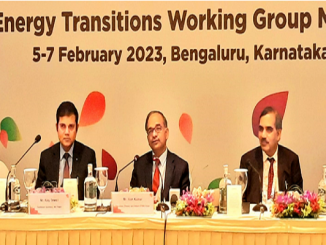
Jan 7: Global warming and the energy crunch are the two biggest challenges countries face. With the transportation and industry sectors growing rapidly, energy needs have surged drastically over the last 200 years.
In such a scenario, says Ratul Puri, Chairman, of Hindustan Power Projects, natural gas, coal, and other energy sources cannot suffice to meet the world’s energy requirements, thereby leading to global energy depletion.
As we have witnessed, the price of natural gas has spiked globally. The high energy costs have impacted economic scenarios through supply chains. Unable to cope with the rising costs, a number of companies in Europe and Asia were forced to shut down their operations. In sync with the increasing international prices, natural gas prices have also peaked in our country, Ratul Puri pointed out.
According to the Energy Information Administration (EIA), global energy consumption will increase by 50% by 2050. It also projects that global investments in clean energy must triple to $4 trillion by 2030 if we wish to achieve the zero-net emissions commitment by 2050. Consequently, Ratul Puri noted, economic growth will get a boost and new employment opportunities will eventually be created.
A combined study by the Council on Energy, Environment, and Water (CEEW), the Natural Resources Defense Council (NRDC), and the Skill Council for Green Jobs (SGGJ) predict that India’s renewable energy sector is on a growth path. As per their research, a million people will be employed in India by 2030, and most of these jobs will be generated from small-scale renewable energy projects.
Sharing his views on the issue of an energy shortage, Ratul Puri further said, “Ensuring energy security and preventing global climate change is the need of the hour. Transitioning towards clean energy and green mobility, adopting eco-friendly construction practices, climate-responsive urban design, and low-power electronics design are some ways to help us deal with the issue of the energy crisis at the global level. Developing a circular economy, ensuring electronics repair, digitalisation, climate law, carbon capture, afforestation, and efficient utilisation of resources can be some of the others.”
Ratul Puri also believes that the digital sector is our ideal partner if we wish to achieve the zero-emission target. The global digital transition induced by the pandemic has been critical for the continuity of business operations in contactless times.
Source: investmentguruindia
Disclaimer: We donot claim that the images used as part of the news published are always owned by us. From time to time, we use images sourced as part of news or any related images or representations. Kindly take a look at our image usage policy on how we select the image that are used as part of the news.
